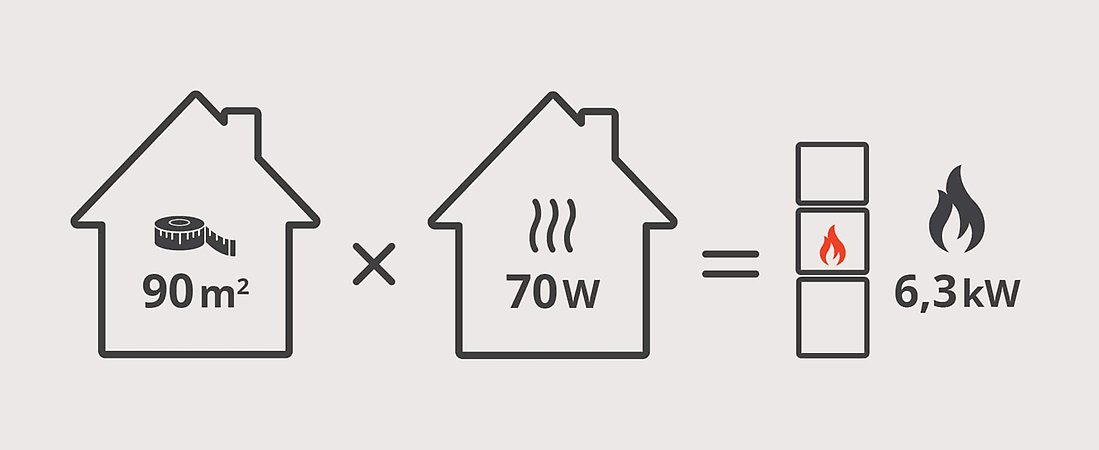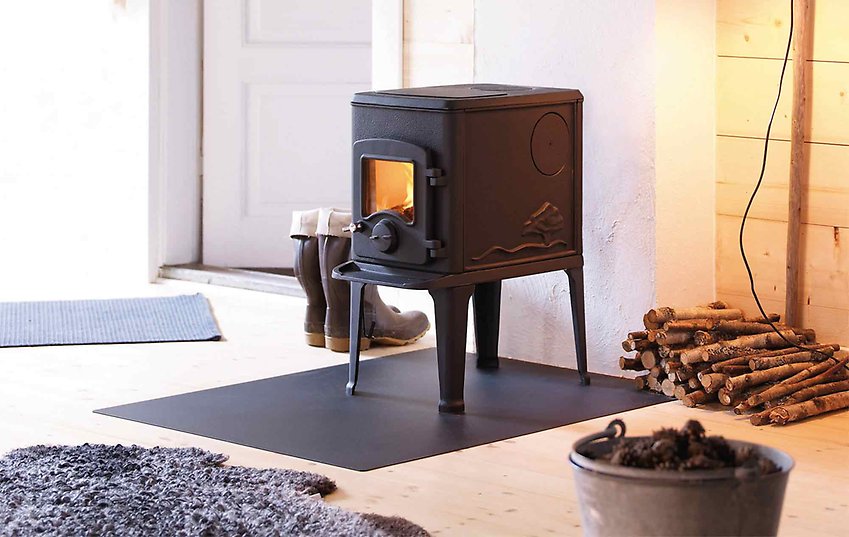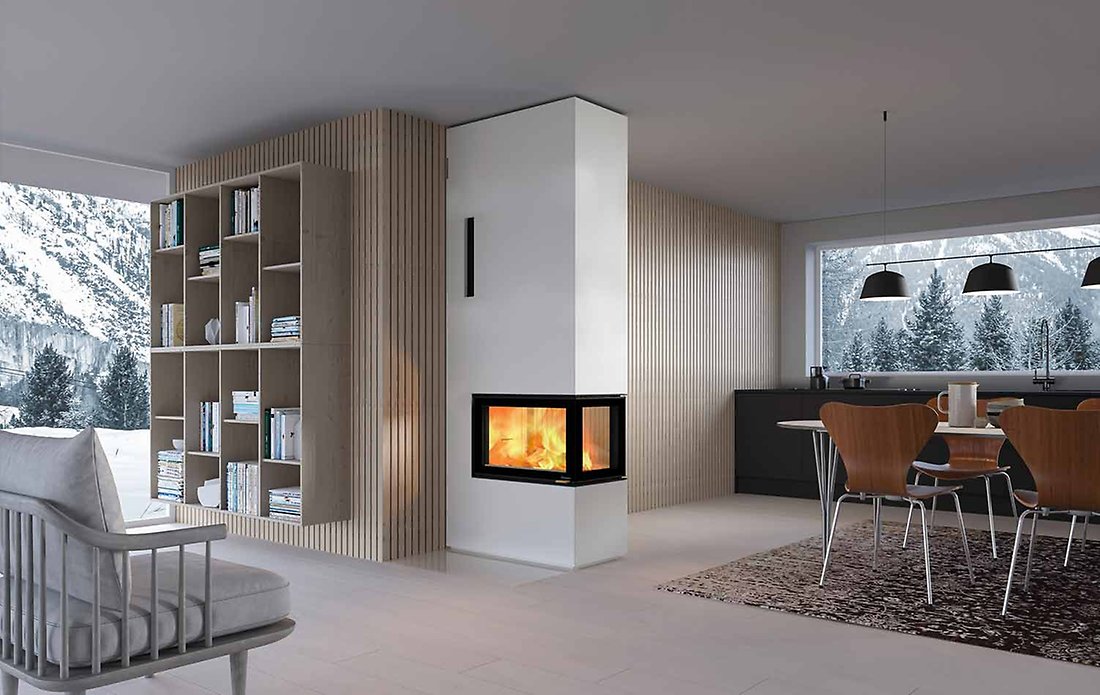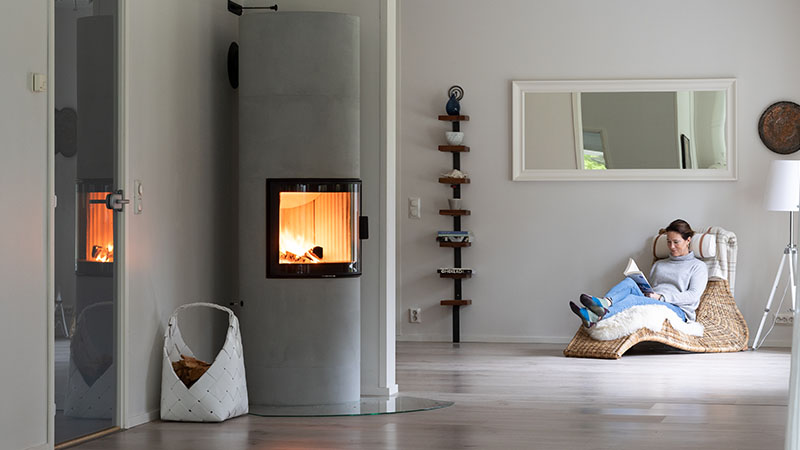How to calculate the heating needs of your home?
Calculating the heating needs of your home is crucial, both when choosing the right heating system and to maintain comfortable indoor temperatures. Here are 6 steps you can follow to calculate heating needs:
- House Area: The first thing you need to do is measure the area of the spaces in your home that need to be heated. This typically includes the living room, bedrooms, kitchen, and bathroom. If you have other living spaces, include them as well.
- Desired Indoor Temperature: Determine your desired indoor temperature. This depends on your personal preferences, but for most people, it usually ranges around 20-22 degrees Celsius.
- Insulation: Consider how well your house is insulated. The better the insulation, the less heat loss your house will have, and thus, the lower the heating needs. If you have an older house that hasn't been retrofitted with insulation, there will be more heat loss and, consequently, higher heating needs.
- Calculate Heat Loss: There are many areas in your house where heat can escape. Using a heat loss calculator or consulting a professional, you can calculate how much heat your house loses through walls, roofs, floors, windows, and doors.
- Other Factors: Other factors can also affect the heating needs of your house. Factors can include the climate in your area, sunlight, wind, and heat contributions from other systems, such as electrical appliances, heat pumps, and people.
- Calculate Total Heating Needs: With all the data collected, you can calculate the total heating needs. You can do this by multiplying the heat loss by a correction factor that considers the outside temperature and other factors.
Rule of Thumb:
It is said that a well-insulated home has a heating need of about 60 - 70 W per square meter. A rule of thumb to calculate the recommended nominal power for your new heating appliance is as follows:
Heating Area x Heating Need / 1000 = Recommended Nominal Power
For example, if you have a room of 90 square meters in a well-insulated house, the calculation would be as follows:
90 x 70 / 1000 = 6,3.
So, the heating appliance should have a nominal heating capacity of around 6.3 kW.
All our heating appliances have specified heating capacities. Remember that this calculation is approximate, as the type of fuel, chimney draft, and heating method all influence the actual heating capacity.

If your house is older, less insulated, or has higher heating needs, you should increase the heating need factor. If your house is newer or well-insulated, you can reduce it. It's essential to note that this calculation is approximate because there are many factors affecting heating capacity. You can read more about how to achieve the most efficient heating.
Also, ensure that your heating appliance allows for the supply of additional fresh air.
Choose the Right Heating System:
Based on the calculation of heating needs, you can choose the fireplace or stove that best fits your home. All our fireplaces and stoves have specified heating capacities on their product pages, making it easy to find the one that suits you. We offer a range of fireplaces and stoves that cover all heating needs, from the smallest to the largest.
Advisor
In many cases, it's a good idea to seek help from a professional heating expert.
This way, you can get accurate calculations and recommendations for your specific home.
Talk to one of our dealers who will be happy to assist you on your journey.
With a properly sized heating solution, you'll achieve comfortable temperatures in addition to a reduction in energy consumption and costs.




